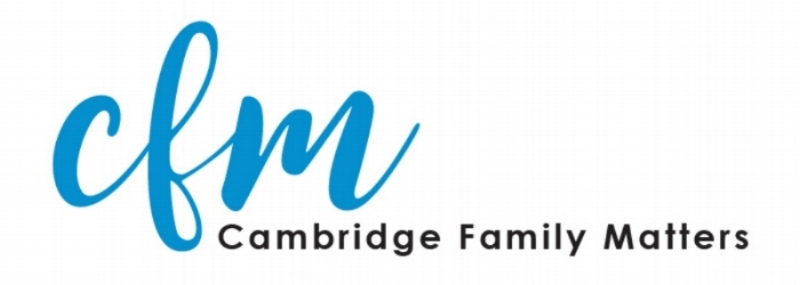Child Maintenance
All parents have a duty to support their children financially and pay towards their upbringing. This type of financial support is known as child maintenance, and it typically involves regular payments to the parent with whom the children spend the majority of time (sometimes known as the primary caregiver), from the ‘non-resident’ parent.
The level of child maintenance depends on the circumstances of both parents (eg. how much they earn) as well as how much time they spend with each parent. In general, parents will agree on an appropriate level of child maintenance between themselves based on the Child Maintenance Service Calculator, in what is known as a ‘family-based arrangement’. However, if they cannot agree, or in cases of domestic violence, the Child Maintenance Service will be able to calculate, collect and distribute payments.
What is a Family Based Child Maintenance Arrangement?
The majority of parents will come to an agreement between themselves on any regular payments which are to be made by one parent to the other parent. Contributions or payments will very much depend on the individual circumstances and may be calculated in different ways, such as:
A fixed monthly or annual payment
A flexible amount, proportional to earnings (possibly with reference to the incomes and expenses of both parents)
Payment towards bills and costs of housing, food, clothing, entertainment etc, or
A mixture of the above
Family based arrangements for child maintenance are not legally binding, but if they do not work out, it’s possible to later apply to the Child Maintenance Service.
What is the Child Maintenance Service?
The Child Maintenance Service (CMS) is responsible for calculating, collecting and distributing child maintenance payments if the parents are unable to agree on a family-based arrangement. Additionally, it can:
Resolve disagreements about parentage and locate missing parents;
Review payments on an annual basis, or when circumstances change; and
Take action over non-payment.
Application fees and enforcement charges apply to cases handled by the CMS. Parents who rely on the CMS to collect and distribute payments (using their “Collect and Pay” service) will also face 4% fee applied to the amount of payment, in addition to a 20% charge levied on the paying parent. So it’s better to make direct payment arrangements (known as “Direct Pay”) where possible. The Child Support Agency (CSA) handled child maintenance before CMS was formed and is still responsible for older claims, but it was phased out in 2017 and hand over any claims to the CMS. Parents who still deal with the CSA will be informed in a letter of the date on which their particular child maintenance arrangements will be transferred across to the CMS.
How Much Child Maintenance Will You Receive/Pay?
You can use this child maintenance calculator provided by the government to work out an estimate of the amount that would be required under the rules used by the CMS. This figure can also be helpful in family based arrangements, serving as a basis for agreement.
Non-Payment and Disagreements over Payments
If you have a family based arrangement which breaks down, you can apply to the CMS to handle your arrangements. If you are already with the CMS on “Direct Pay” and payments are not made, it’s possible to transfer across to “Collect and Pay”. The CMS can then find out why a payment has not been made, arrange payment of any outstanding amounts and warn of enforcement action. It has several options to recover outstanding child maintenance payments:
Deduct the relevant amount directly from the parent’s earnings, through their employer
Obtain regular or one-off payments directly from their bank or building society account, or
Take court action
Note that there are a range of enforcement charges which need to be paid if the CMS has to take action to recover payments.
In the case of parentage disagreements - if one named parent denies that they are the parent of the child in question - the CMS can ask both named parents to take a DNA test, or ask a court to make a decision. During a dispute, if the named parent has assumed parentage (eg. they are named on the birth certificate) they will still need to pay child maintenance, but the CMS may refund amounts paid if non-parentage is proved.
Family Based Arrangements vs Child Maintenance Service
If two parents can agree on a family-based arrangement to cover child maintenance payments, this is cheaper, more efficient and less acrimonious than relying on the CMS. Although a family-based arrangement is not legally binding, if difficulties arise, the CMS can step in but they will levy charges. Nevertheless, the CMS is very useful if parents cannot reach an agreement between themselves, or in cases involving domestic violence.
For further information on child maintenance payments, take a look at the government website.
